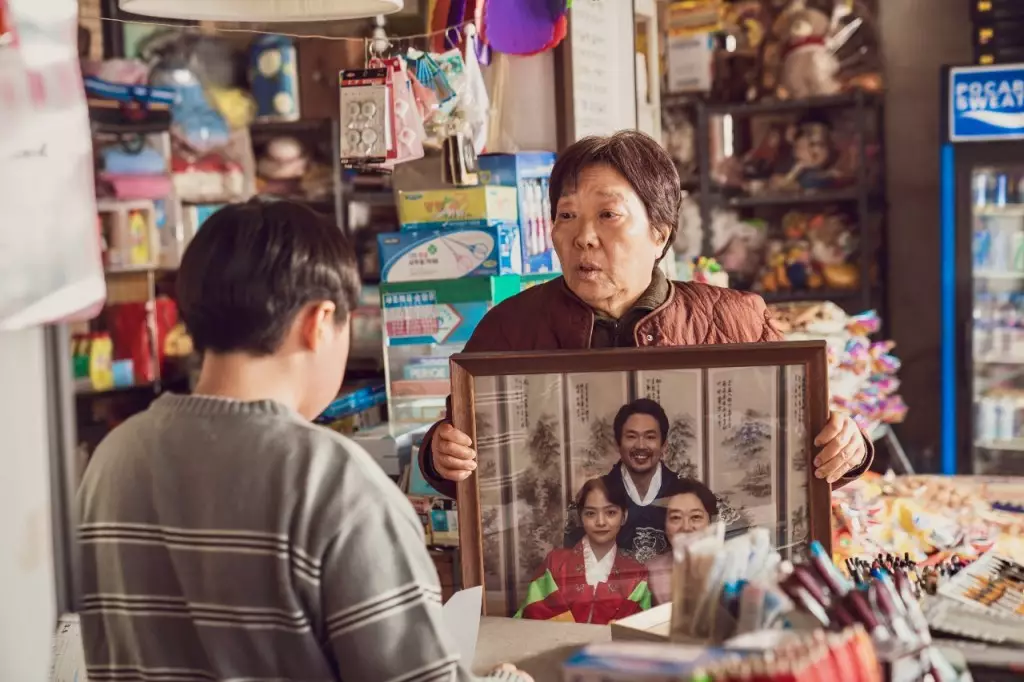The Busan International Film Festival (BIFF), held from October 2-11, has carved a niche as a beacon for emerging cinematic talents and innovative storytelling. Among the standout productions at this year’s event were “The Land of Morning Calm” by South Korean director Park Ri-woong and “MA Cry Of Silence,” directed by Myanmar’s The Maw Naing. Both films received the prestigious New Currents Awards, underscoring their impactful narratives and the depth of social commentary they offer.
The Land of Morning Calm: A Challenging Narrative
“The Land of Morning Calm” immerses viewers in a rural coastal community, deftly addressing pressing themes such as economic instability, loss, xenophobia, and societal prejudice. As articulated by jury head Mohammad Rasoulof, this film is commendable for its unwavering narrative flow despite the heavy emotional and thematic weight it carries. The film’s ability to resonate with audiences was further highlighted by its receipt of the KB New Currents Audience Award and the Netpac Award, showcasing not only its critical acclaim but also its popularity among festival-goers. This multifaceted recognition signals a powerful industry shift towards films that confront uncomfortable realities while offering a platform for marginalized voices.
In contrast, “MA Cry of Silence” presents the story of a young Burmese woman who journeys to a bustling city in search of work in a garment factory. This poignant tale of aspiration entangled with political resistance draws attention to the oppressive conditions under Myanmar’s military junta. The film’s courage in depicting personal and collective struggles in such a tumultuous context has garnered appreciation for its authenticity and relevance. Collaborative productions from various countries, including Korea, Singapore, France, Norway, and Qatar, enhance the film’s narrative richness and international perspective, making it a beacon of hope amidst adversity.
The festival’s landscape was not solely dominated by emerging filmmakers. The Kim Jiseok Awards celebrated the works of established artists, such as Indian director Rima Das with her sequel “Village Rockstars 2” and Taiwanese director Tom Lin Shu Yu’s “Yen And Ai Lee.” The jury hailed Das’s film as an “honest poetic expression” that harmonizes the omnipresence of nature within the lives of its characters, while Lin’s poignant exploration of a mother-daughter dynamic was recognized for its compelling performances and unflinching portrayal of trauma. Such accolades emphasize the festival’s commitment to honoring both budding and veteran filmmakers alike.
In an important move towards inclusivity, the inaugural Documentary Audience Award was granted to Jo Seyoung’s “K Number,” examining the experiences of Korean adoptees. This category’s introduction further exemplifies BIFF’s dedication to diversifying its showcases, providing platforms to stories that reflect a wider array of human experiences.
The Busan International Film Festival continues to thrive as a critical junction for filmmakers across the globe, fostering dialogue around socio-political issues while promoting cultural understanding. The awards showcased this year are just a glimpse of the vast talent present, with each film representing unique narratives that challenge viewers to reflect on contemporary issues. As the festival wraps up, anticipation builds for what next year’s event will unveil, promising even more groundbreaking stories waiting to be told.

